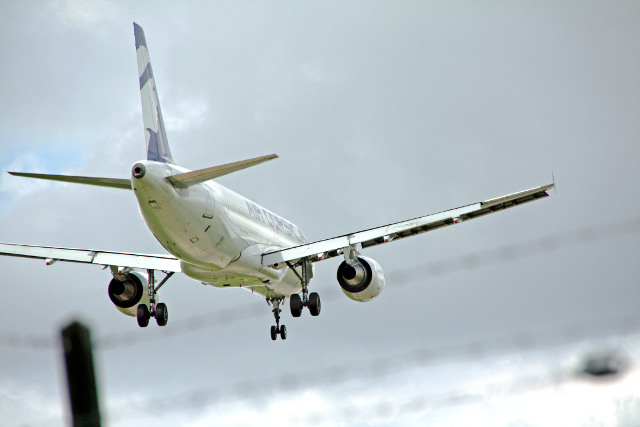
- Why outsourced call center roles are coming back onshore
While companies must pay more for onshore call center agents (offshore labor rates are typically 40 to 55 percent of onshore rates), increased automation has helped defray some of the extra expense of local labor. “While companies are ready to pay more for better quality services, increased technology leverage in a traditionally labor-intensive contact center space has offset some of the additional cost,” Bhargava says.
In addition, companies are increasingly adopting a work-at-home model for agents, which incurs lower operational costs than onshore full-time-equivalents (FTEs). Work-at-home agents are typically 5 to 10 percent cheaper than on-site professionals in the U.S., Bhargava says.
- What’s Next After Supply Chains?
http://www.onenetwork.com/2016/08/whats-next-after-supply-chains/ - More airline outages as carriers grapple with ageing technology
The reservations systems of the biggest carriers mostly run on a specialized IBM operating system known as Transaction Processing Facility, or TPF. It was designed in the 1960s to process large numbers of transactions quickly and is still updated by IBM, which did a major rewrite of the operating system about a decade ago.
A host of special features, ranging from mobile check-ins to seat selection and cabin upgrades, are built on top of the TPF core, or connected to it.
“They have surrounded that old industry infrastructure with modern technology,” said Bob Edwards, United Continental Holdings’ former chief information officer until 2014. “Those systems have to always reach back into the old core technologies to retrieve a reservation or to figure out who flies between Dallas and New York City.”
When a power outage shuts off that reservations system – as happened on Monday to Delta Air Lines’ “Deltamatic” system – TPF falls out of sync with the newer technologies that passenger service agents use to assist travellers, Edwards said.
- Exclusive: Honeywell explores acquisition of JDA Software
The acquisition would illustrate how Honeywell, a U.S. diversified industrial conglomerate, is keen to boost its automation portfolio after it agreed last month to acquire Intelligrated Inc, a U.S. distribution systems and logistics company, for $1.5 billion.
JDA Software’s majority owner, buyout firm New Mountain Capital LLC, has already explored a sale of the company to private equity firms, and there is no certainty its latest talks with Honeywell will result in a deal, the people said on Monday.
- SAP Targets Terrorism With AI
SAP National Security Services, which describes itself as an independent subsidiary of the German-based software giant that’s operated by U.S. citizens on American soil, works with homeland government agencies to find ways to track potential terrorists across social media.
“One [use] is the identification of bad actors: People that may be threats to us—people and organizations,” says Mark Testoni, president and CEO of SAP NS2, as the company is known. “Secondarily, once we’ve identified those kinds of players and actors, we can then track their behaviors and organizations.”
http://www.fastcompany.com/3062259/sap-targets-terrorism-with-ai
Photo: Nico Beard

